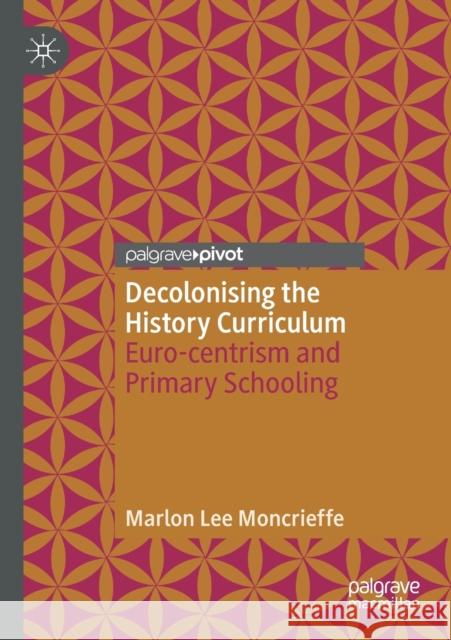Decolonising the History Curriculum: Euro-Centrism and Primary Schooling » książka
topmenu
Decolonising the History Curriculum: Euro-Centrism and Primary Schooling
ISBN-13: 9783030579470 / Angielski / Miękka / 2021 / 110 str.
Decolonising the History Curriculum: Euro-Centrism and Primary Schooling
ISBN-13: 9783030579470 / Angielski / Miękka / 2021 / 110 str.
cena 221,37
(netto: 210,83 VAT: 5%)
Najniższa cena z 30 dni: 212,02
(netto: 210,83 VAT: 5%)
Najniższa cena z 30 dni: 212,02
Termin realizacji zamówienia:
ok. 22 dni roboczych.
ok. 22 dni roboczych.
Darmowa dostawa!
This book calls for a reconceptualisation and decolonisation of the Key Stage 2 national history curriculum. The author applies a range of theories in his research with White-British primary school teachers to show how decolonising the history curriculum can generate new knowledge for all, in the face of imposed Eurocentric starting points for teaching and learning in history, and dominant white-cultural attitudes in primary school education. Through both narrative and biographical methodologies, the author presents how teaching and learning Black-British history in schools can be achieved, and centres his Black-British identity and minority-ethnic group experience alongside the immigrant Black-Jamaican perspective of his mother to support a framework of critical thinking of curriculum decolonisation. This book illustrates the potential of transformative thinking and action that can be employed as social justice for minority-ethnic group children who are marginalized in their educational development and learning by the dominant discourses of British history, national building and national identity.











